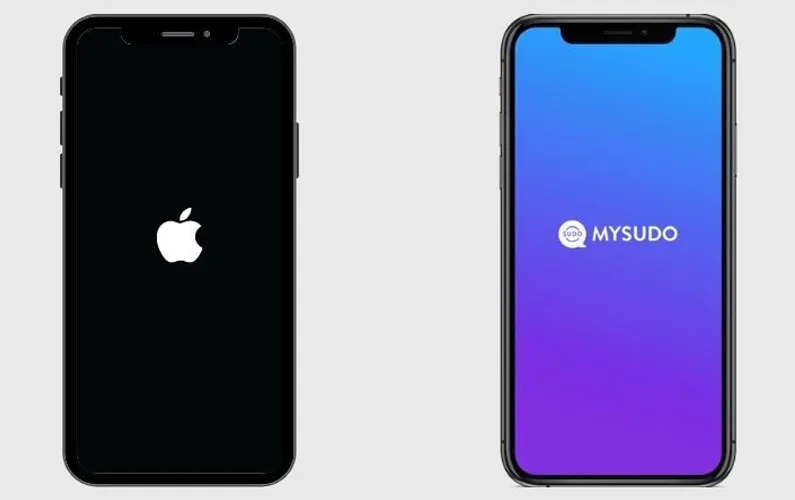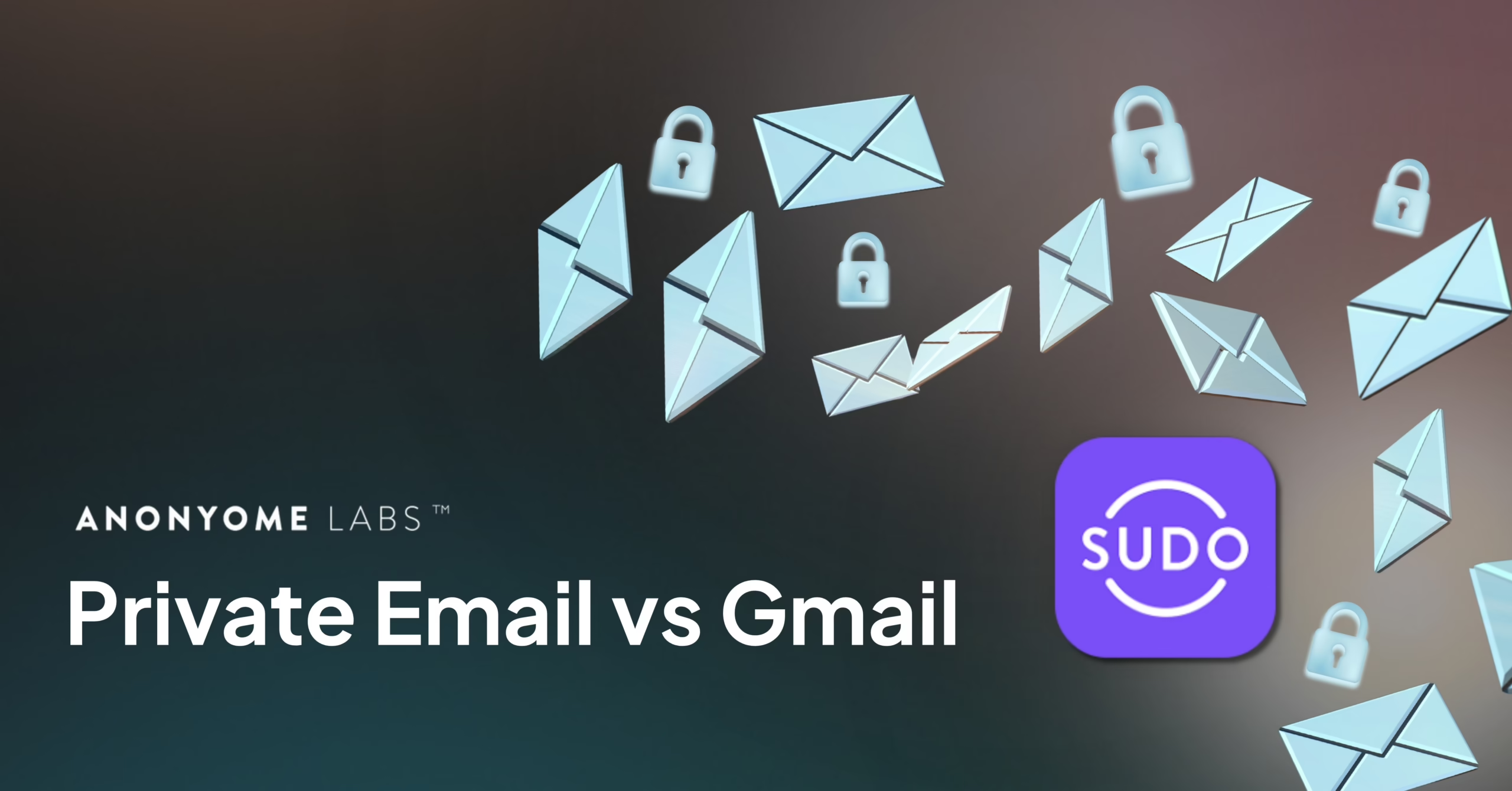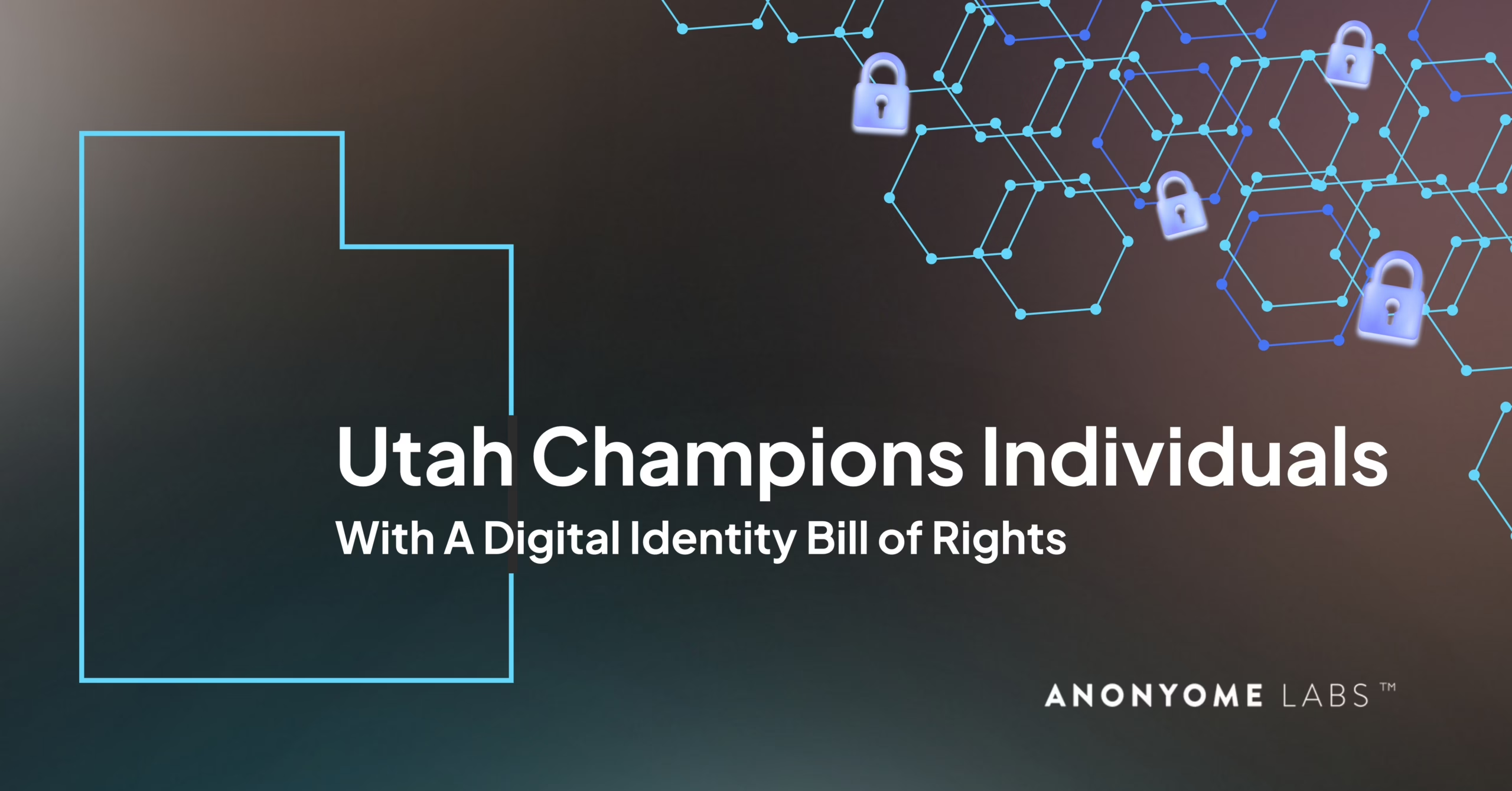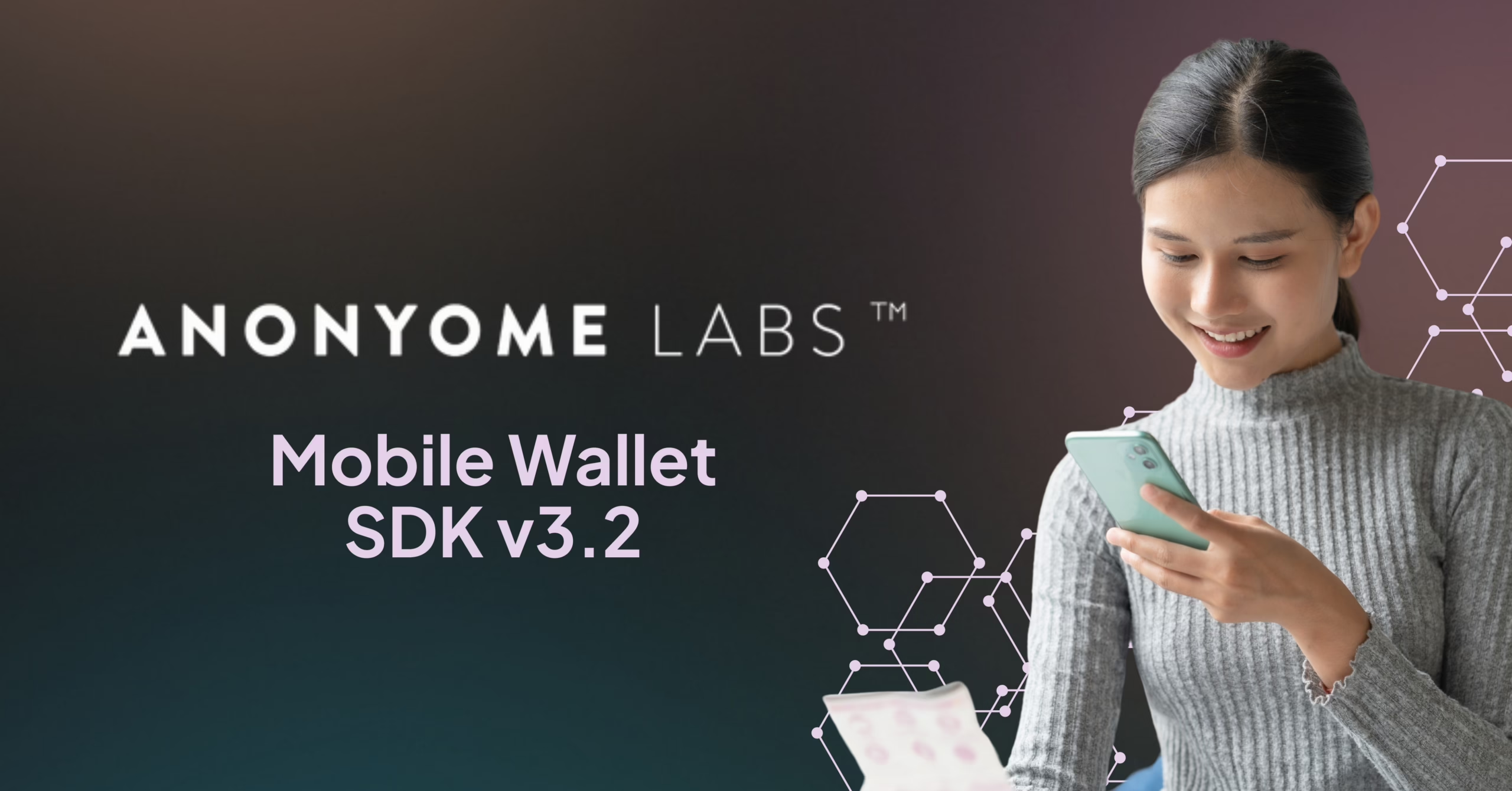Privacy changes from big tech are coming thick and fast right now. Some are solid privacy commitments, like Apple’s ATT and Google’s abolition of Ad IDs for users who opt out of tracking. But others are underwhelming from a privacy perspective, like Google’s planned abolition of third party cookies and its new Google Play safety section which doesn’t raise the bar anywhere near as far as Apple privacy labels.
The latest big privacy announcement comes from Apple, with its raft of privacy and security measures to launch in updates of iOS and macOS this fall. The new features are designed to help users better control and manage apps’ access to their personal data. Apple promises users “deeper insights and more granular control than ever before.” And individual control is what is at the core of privacy after all, right?
And, we have to say, with these changes Apple has got a lot of things right for consumer privacy. While some of the biggest moves are security measures, we like most of what we see from the privacy ones.
That’s not to say Apple is offering a complete fix for protecting consumer data privacy. Users absolutely still need the privacy capabilities baked into MySudo and available through Anonyome Labs business solutions, which is why we’re going to look at what Apple is offering against what we already offer:
iCloud Private Relay
Apple says:
“Private Relay is a new internet privacy service that’s built right into iCloud, allowing users to connect to and browse the web in a more secure and private way. When browsing with Safari, Private Relay ensures all traffic leaving a user’s device is encrypted, so no one between the user and the website they are visiting can access and read it, not even Apple or the user’s network provider. All the user’s requests are then sent through two separate internet relays. The first assigns the user an anonymous IP address that maps to their region but not their actual location. The second decrypts the web address they want to visit and forwards them to their destination. This separation of information protects the user’s privacy because no single entity can identify both who a user is and which sites they visit.”
We say:
Private Relay is like a VPN or Tor in that it masks data by running it through relays. With a VPN from a quality provider, the user is trusting a single vendor with their data. If they choose vendor wisely, VPN is also a safe and private option. If iCloud Private Relay is thought of as a simplified version of Tor, then wider ownership and control of the relay servers would be desirable.
Apple is asking for trust to deliver this service, which is fine, but it’s not offering choice. The user can only access it from a Safari browser. If all the user does is in the Apple ecosystem and they use a Safari browser, this is a fine solution. But if users want choice and alternatives, they’d look to MySudo’s private browser, and Safe Browser, Safe Browser Extension and the VPN in Anonyome Labs’ cyber safety solutions.
Safe Browser is a full-featured web browser that isolates user data from the default web browser that comes with their device. Their browsing history, bookmarks and settings are encrypted and never leave the device.
Safe Browser allows the user to open multiple tabs, view full screen video in landscape and portrait, and bookmark favourite sites.
For added safety and privacy, Safe Browser comes with a built-in ad and tracker blocker and a site reputation shield. The site reputation shield checks for known malicious sites on the device and warns the user before they visit them. The user can also enable biometric or PIN access for an extra layer of security.
Sudo Platform VPN is a completely secure VPN that supports streaming and geographical relocation.
Hide My Email
Apple says:
“Expanding on the capabilities of Sign in with Apple, Hide My Email lets users share unique, random email addresses that forward to their personal inbox anytime they wish to keep their personal email address private. Built directly into Safari, iCloud settings, and Mail, Hide My Email also enables users to create and delete as many addresses as needed at any time, helping give users control of who is able to contact them.”
We say:
Hide My Email validates MySudo’s multi Sudo approach. Disposable or one-off email like Apple is offering is great, but sometimes users want to link their private email to other privacy capabilities like a phone number and virtual card, as they can in MySudo. If a user is a committed Apple customer and happy to use only Safari and Apple Mail, then this feature is great. But if that’s not the case, then users still need a private email solution with greater functionality. Identity is more than email and that what’s we at Anonyome Labs have known for years. Proof: MySudo email and Anonyome Labs’ encrypted email.
Mail Privacy Protection
Apple says:
“In the Mail app, Mail Privacy Protection stops senders from using invisible pixels to collect information about the user. The new feature helps users prevent senders from knowing when they open an email, and masks their IP address so it can’t be linked to other online activity or used to determine their location.”
We say:
This is good. MySudo offers similar. A lot of marketeers embed invisible pixels in the emails they send to force email servers to make network requests (e.g. to show that an email was opened and from where). We can’t criticize this Apple move, but it is certainly a case of them doing something second but being very good at convincing users it’s novel. And, again, it’s a nice easy solution for committed Apple customers.
Improved Intelligent Tracking Prevention
Apple says:
“For a number of years, Intelligent Tracking Prevention has helped protect Safari users from unwanted tracking by using on-device machine learning to stop trackers while allowing websites to function normally. This year, Intelligent Tracking Prevention is getting even stronger by also hiding the user’s IP address from trackers. This means they can’t utilize the user’s IP address as a unique identifier to connect their activity across websites and build a profile about them.”
We say:
This is a good feature. This type of anti-tracking capability is great, and the embedded browser in MySudo private browser has this capability too. But where we offer a significant but complementary difference is in compartmentalization.
As you know, compartmentalization means categorizing and separating the user’s personal data to reduce the impact when it is compromised. It’s the world’s most powerful data privacy strategy.
MySudo was created on the exact same principle. MySudo is based around the Sudo, a customizable digital identity that intentionally differentiates from the user’s personal identity and mitigates the risk to their highly sensitive personal data.
In MySudo, our exemplar consumer privacy app, a user can create up to nine different Sudos and use them in any context (e.g. for banking, selling on classifieds, catching up with friends, and booking travel).
Each Sudo has its own set of attributes and associated capabilities:
- name
- phone number
- address
- email address
- virtual cards for secure shopping
- browser profile (all your bookmarks and any cookies that sites set are compartmentalized to the browsing Sudo)
- notification settings for phone, email and message
- contacts and more.
The user gives each of their Sudos one or more identity attributes that are different from their personal identity. They can make their Sudo identity a little different (e.g. by having a different phone number) or very different (e.g. by having a different name, email address, phone number, virtual cards, contacts, etc.). They label each Sudo and can even assign a different notification sound to each.
Users structure their Sudos to achieve the degrees of privacy, safety, organization and convenience they need. For example, they might regard their medical information as more sensitive than their financial information, and their financial information as more sensitive than who they know. They decide what suits them. (Listen to how two of the world’s leading privacy experts Michael Bazzell and Justin Carroll structure their Sudos in this episode of The Privacy, Security, & OSINT Show: Our Sudo Strategies.)
Sometimes the user might want to let one of their Sudos retain some of the benefits of ‘privacy invasive’ searching and tracking online. Health information is a great example. When researching a health condition, the user may want some level of tracking in order to preserve their search history, mark favorites, set bookmarks, be offered search results relevant to their previous searching, receive discount coupons for remedies, be offered new research material, or even be referred to doctors or hospitals specializing in their condition. By using a Sudo, the user can still have all these benefits, but they’re not correlated to the user’s personal data.
The bottom line is MySudo private browser is more nuanced than Apple’s offering and gives the user more of that granular control Apple is talking about, which is essential to privacy.
Overall, Apple’s latest privacy enhancements are good, and even more great validation that we’re working on the right stuff. Check it out here: MySudo and Anonyome Labs’ business solutions



